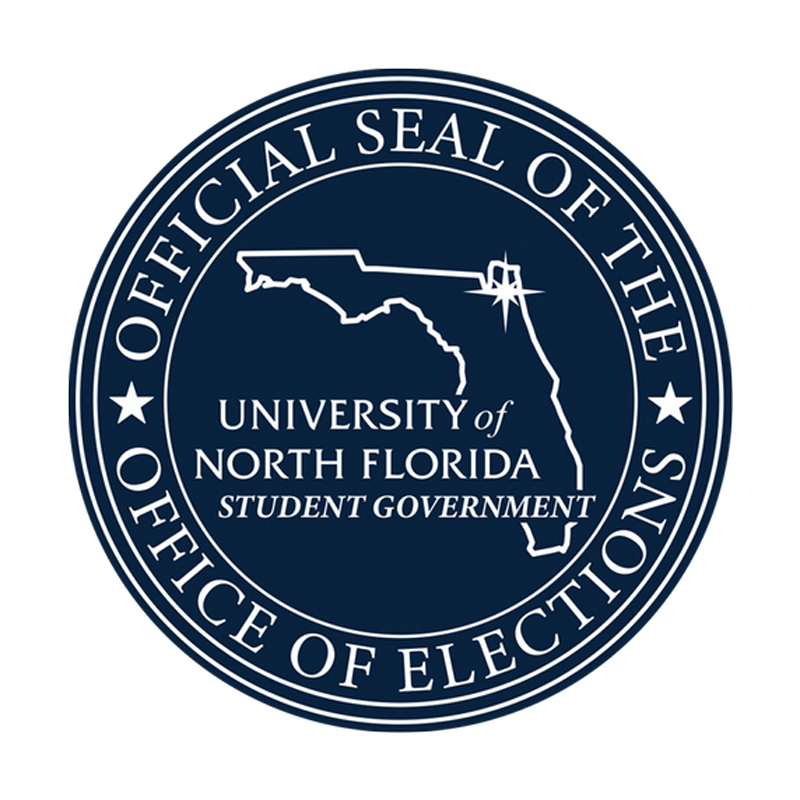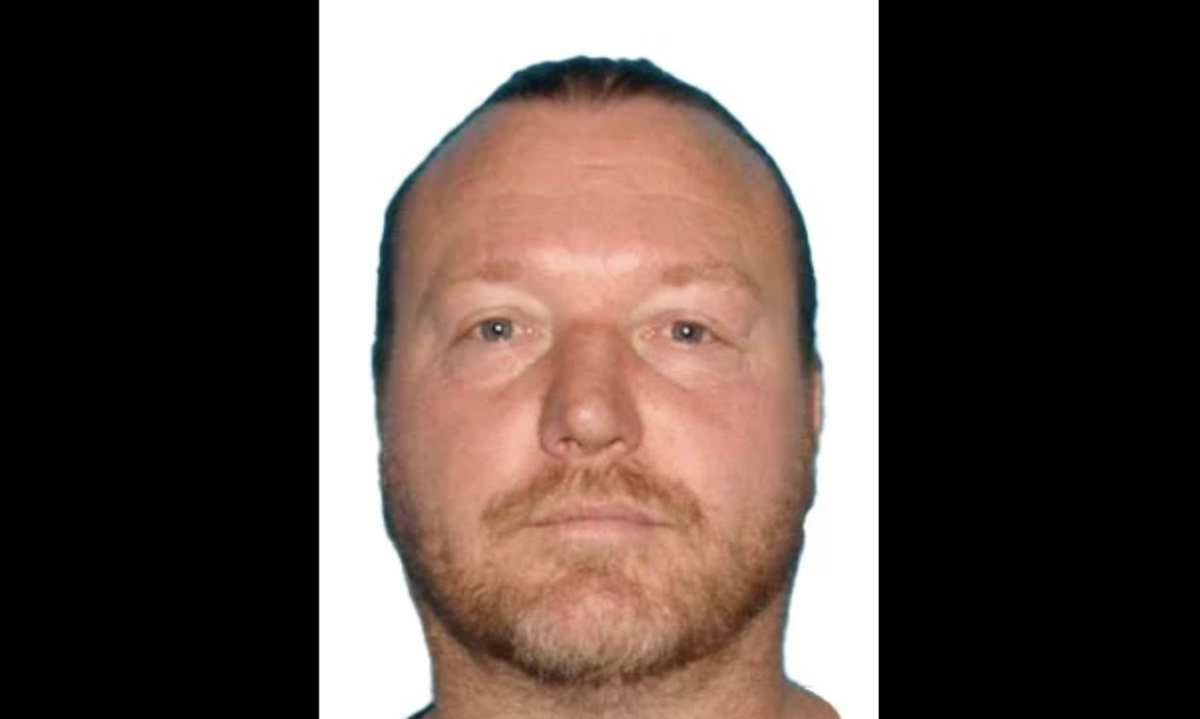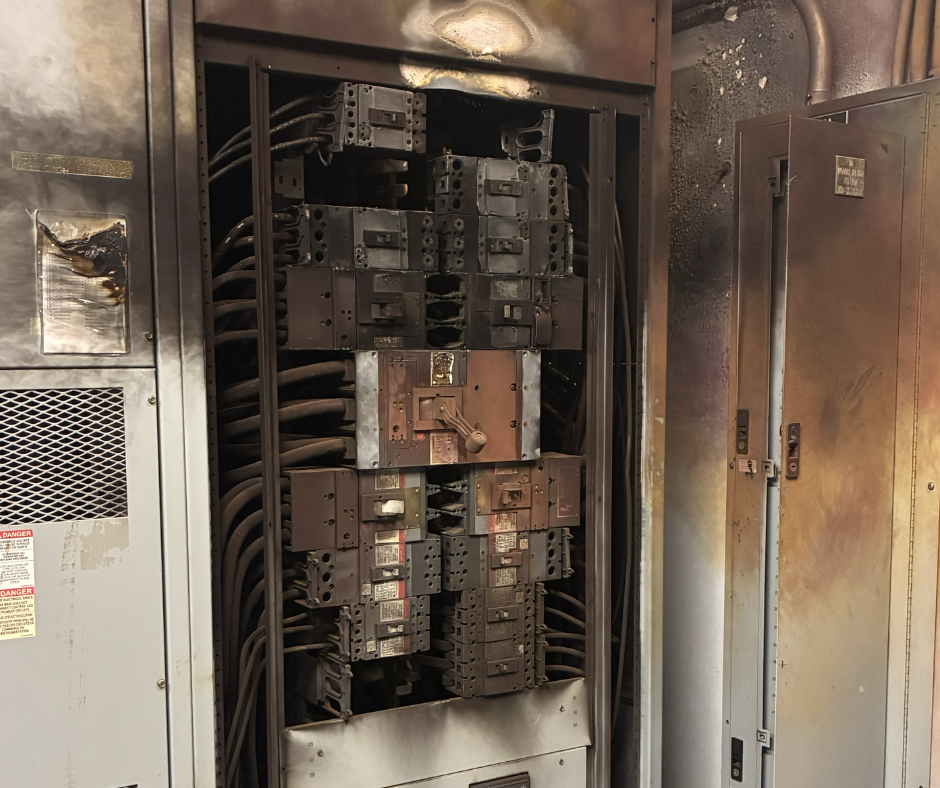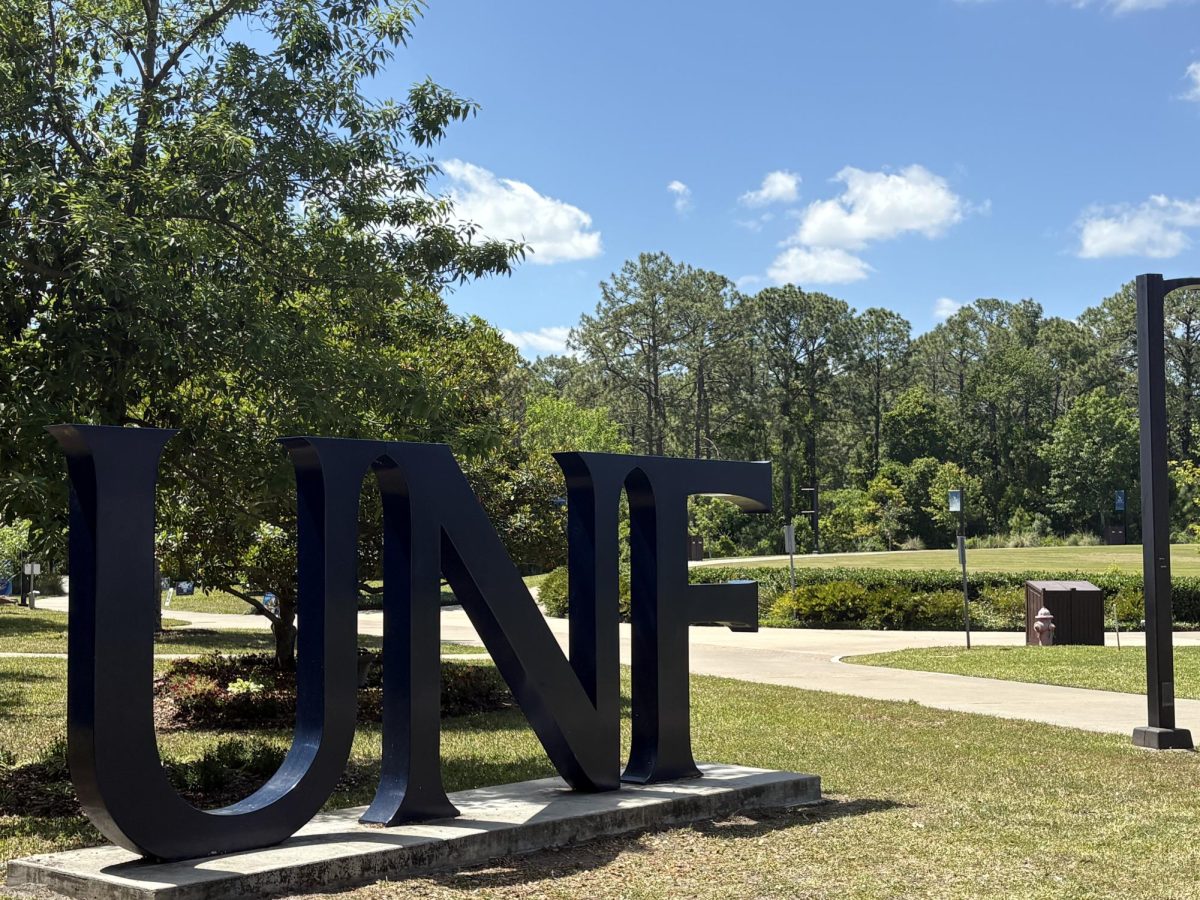“It looks like it is almost coating the inside of the lungs with Saran-wrap.”
You’ve heard the horror stories of young adults with breathing issues. You’ve seen the pictures of cloudy lungs perforated by black spots. You likely have even heard of the vaping-related deaths — seven as of September 17, 2019, according to the CDC.
But where does UNF stand on the issue? What are the laws regarding vaping? What is the Smoke-Free Campus policy, and how it is enforced? What, if anything, can you do to combat the wall of smoke encroaching on our campus community? UNF Spinnaker sought out these answers and more.
Dr. Doreen Perez, Director of Student Health Services, is a passionate advocate against smoking and vaping. She says the biggest thing she is concerned about is the Center for Disease Control (CDC) and the FDA’s announcement that, at this point in time, it is unknown exactly what in vape cartridges is causing the 530 confirmed cases of lung injury and seven deaths. In other words, the CDC cannot pinpoint what ingredient is causing the problem. The terrifying thing is it could be any number of culprits.
What Dr. Perez wanted to emphasize, though, and what the CDC is pointing to as a possibility, is the addition of vitamin E oil as an ingredient in vaping cartridges. In the usual course of things, vitamin E would be fine for an individual to ingest orally and process through the stomach — however, inhaling it is a different matter.
A carcinogen, for those of us following along at home, is a cancer-causing substance. If you smoke or vape, you’re breathing in that cancer-causing substance — and maybe you think, “Nah, man, I’m not that worried, it’s just my lungs, just the thing that helps me carry out the basic bodily necessity of breathing, no big,” but a quick anatomy lesson would show that it’s more critical than that.
“Within the lungs, [the inhaled vitamin E oil] is acting as a really sticky substance, and it’s attacking the surfactant in the lung that we need to keep our lungs inflated,” Dr. Perez said. Surfactant is the lining of the lung. “This oil is getting into the system and it looks like it is almost coating the inside of the lungs with Saran-wrap.”
“They’re putting oxygen into these kids,” she said, “but it’s not profusing. The oxygen they’re breathing in and it’s going into the lungs, but the blood isn’t getting the oxygen it needs.”
And that’s just one part of the lung injury. The other thing Dr. Perez and health-care professionals are looking out for is lipoid pneumonia, which occurs from the vitamin E oil.
When asked if she thought UNF had a problem with vaping, Dr. Perez had this to say:
“This campus as a community — as a social community — has a problem, just like every community in the United States of America and Europe and Canada. Vaping is a problem.”
For those who vape, Dr. Perez wants to make it clear: we do know vaping is the cause of these lung injuries and deaths, we don’t know what about vaping is causing it, and until we do, no one should be vaping.
“Because we don’t have an answer for you right now and because it’s serious and it’s causing lung damage and death,” Dr. Perez said, “could you please stop and find what’s going on before you start up again.”
In addition to the health risks, there’s also a matter of law. While Dr. Perez says she hasn’t seen any cases like the ones described by the CDC within the UNF campus community, she has heard a professor complaint about students vaping in their class, which is illegal. For those who weren’t aware, vaping indoors has been illegal in Florida since July 1, 2019. While vapers might be of the opinion that e-cigarettes differ from traditional tobacco products, the law views them as very much the same.
And soon, UNF will follow suite in recognizing vaping and smoking as the same vice. UNF’s Smoke-Free Campus policy will be updated to include vaping in the language, according to Ashley Ballard, Senior Director of Recreation and Wellness.
UNF has been a Smoke-Free Campus since August 1, 2015 under the Breathe Fresh Campaign. According to Ballard, the goal was to make the campus healthier and to make the healthy choice the easy choice. Enforcement of the Smoke-Free policy, however, is on the peer level. Ballard says that this is because of state statutes dictating how enforcement of the policy might be carried out.
But do students know that they are more or less the last line of defense, the enforcers of a smoke-free future? Spinnaker hit the sidewalks to find out, and uncovered there’s quite a bit students don’t know about the health risks involved, their role as peer-enforcers, and the tools to help someone quit vaping or smoking that are provided by UNF Student Health Services and the Department of Recreation and Wellness.
Overall, students said they likely wouldn’t say anything if they saw someone vaping despite the fact that it bothered them; short of having smoke blown directly in their face, they would leave the smoker alone. When asked if they knew enforcement was on the peer level, they were surprised to hear it was up to them but still said they wouldn’t speak to the student and might only suggest the student go check out Student Health Services to find ways to quit if they knew the person was already looking to quit and needed help.
As a community, it is up to all of us to keep the air we breathe clean.
“If you see someone smoking,” Ballard says, “gently go over and ask and remind them of the policy. We also have little enforcement cards that, if you don’t want to say anything verbal, you can just hand them the card and it says ‘this is a smoke free campus and these are the resources to help you quit.’”
If a professor sees a student smoking, Ballard hopes they will encourage the student to visit the Department of Recreation and Wellness and become involved in the Tools to Quit class RecWell runs. For students who vape or smoke, Ballard’s goal is to educate them on the risks and also find out what led them to vape in the first place.
Similarly on enforcement, Dr. Perez says peer education is the best route — and it can’t just be on campus, it has to be out in the community as well.
“It’s about a culture change here and providing students with an environment to make healthy choices,” Ballard said about UNF.
If you or someone you know smokes or vapes, there are tools to help you quit. In November, RecWell will be holding a one-day stand on Tobacco Free Day. The Tools to Quit class is always available, and community resources are available on the Healthy Osprey’s website. Student Health Services also has tools to help with nicotine addiction.
__
For more information or news tips, or if you see an error in this story or have any compliments or concerns, contact editor@unfspinnaker.com.














